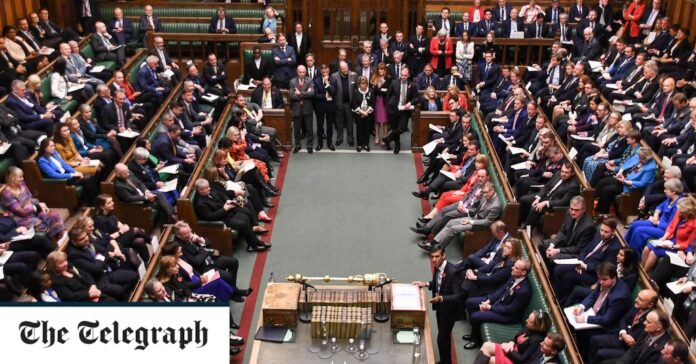Western democracies all combine free-ish markets with welfarism. The only remaining debate is how much of each is necessary
The West has created a form of social organisation that almost everyone in the world regards as heaven on earth. The only people who would regard that observation as sarcastic or absurd are those who have lived all their lives under this miraculous order and take it for granted. What draws migrants to the western democracies in numbers that even benevolent nations find alarming is the miraculous combination of free enterprise and welfare provision. The first offers a hope of self-advancement and the second promises protection from destitution. So you get a chance to succeed by your own efforts, coupled with a guarantee of support if you fail As a popular political formula this has to be one of the greatest achievements in human history.
In its fully developed form it is a quite recent invention, having emerged in Europe in the second half of the last century after two world wars which prompted enormous sympathy and respect for the sacrifices of ordinary people. The conscience of the governing classes has dictated ever since that decent levels of sustenance, opportunity and living conditions for everyone are the proper business of the state. Needless to say, what looks like paradise to much of the world’s poor and persecuted – a place where you can either make your own way and win, or be rescued by benign agencies if you lose – looks less than idyllic at the practical end. As we get into the second century of this experiment it is clear that maintaining this complex balance of contradictory objectives is a political dilemma of enormous magnitude. How do you protect the vulnerable without undermining self-reliance? And how do we decide who is genuinely vulnerable? Everybody wants a fair society but what does “fairness” actually mean: that everybody gets an equal share however much or little they contribute? Should we protect people from the consequences of failure even if that involves penalising those who have made more of an effort?
But you know all this. These are the questions that dominate – or underpin – every important political argument of our time. They are the inevitable consequence of the compromise that all advanced democracies have agreed (more or less) to be the morally acceptable way to run a country. It is becoming clear now that there can be no permanent resolution of these conflicts precisely because they reflect the contradictions and ambivalence of human nature.
Electorates change their minds – often abruptly – about whether compassion should take precedence over competition, or whether meritocracy is more valuable than equality. And so do individuals – sometimes quite suddenly as a result of a formative life experience. This may be exasperating for politicians who are trying to appeal to an electorate, but it is essential for the survival of the species.


